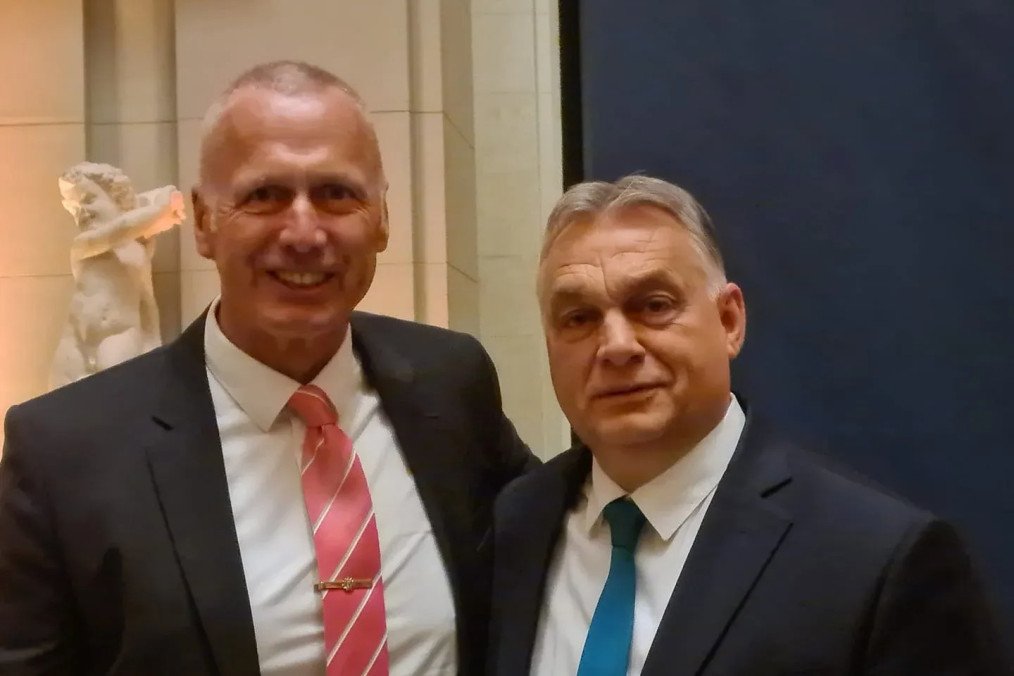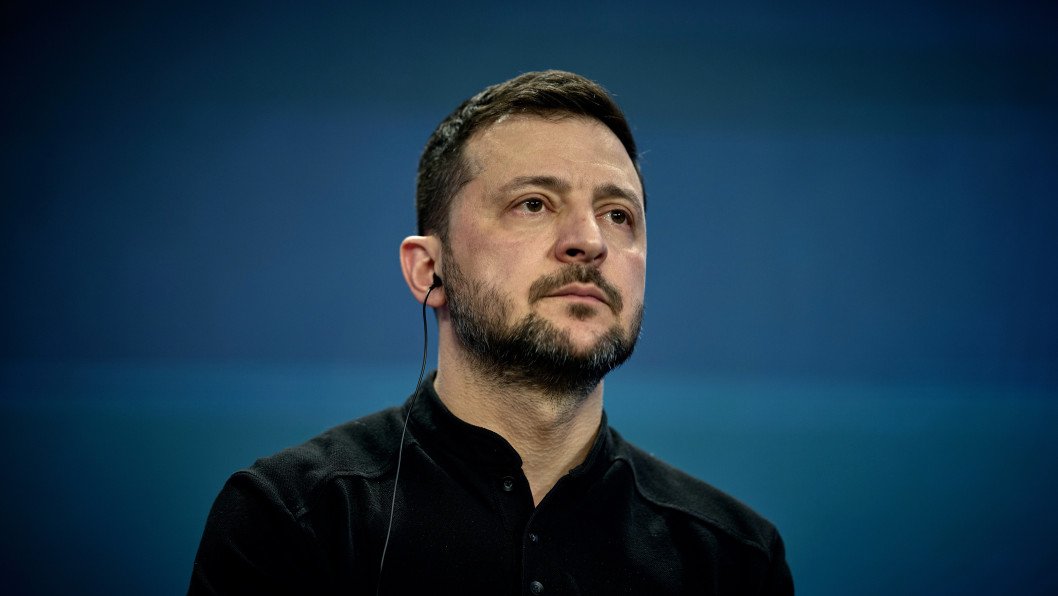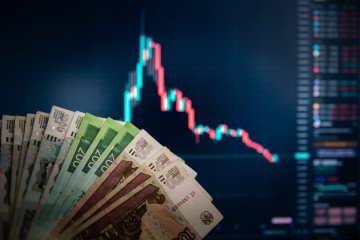- Category
- Latest news
Pro-Kremlin Hungarian Propagandist Linked to Russian Military Intelligence, Investigation Finds

Georg Spöttle, a prominent pro-government commentator in Hungary known for his anti-Ukrainian rhetoric, maintained regular contact with Russia’s military intelligence agency, the GRU, according to an investigation by Hungarian outlet Telex.hu and the Direkt36 project.
The revelation stems from a national security audit conducted in the second half of 2024. During a background check on a candidate for the Hungarian Ministry of Foreign Affairs' diplomatic training program, authorities discovered the individual had close ties to Spöttle, who in turn was found to be connected to Russian intelligence services.
Spöttle, a dual German-Hungarian national and frequent commentator on security matters, regularly appears on media platforms aligned with Hungary’s ruling Fidesz party. These include Magyar Nemzet, Pesti Srácok, Origo, Mandiner, Hír TV, TV2, and state broadcasters.
According to the investigation, Spöttle played a role in advancing the candidate’s application using his political connections. Email records obtained by Direkt36 show Spöttle received draft documents from Colonel Oleg Smirnov, the Russian military attaché at the embassy in Budapest and an alleged GRU officer.
The content of these documents closely matched talking points later presented by Spöttle in public interviews and commentary.
One example includes two documents labeled “unofficial,” sent by Smirnov on March 6, 2024, titled “The Role of Western Countries in the Ukrainian Conflict” and “The Situation Around Ukraine.

” These materials—on Russian embassy letterhead—asserted that the war in Ukraine was provoked by Western powers, that Ukraine lacks sovereignty, and that military support from the West only prolongs suffering. Spöttle later echoed these same narratives in Hungarian media.
In August 2024, Spöttle traveled to Moscow for the International Security Conference organized by Russia’s Ministry of Defense. While he shared general impressions online, the visit itself was downplayed—coinciding with the ongoing national security review of his associate in Hungary.
Following the trip, he intensified his output of pro-Russian content, including interviews with Russian Foreign Ministry spokesperson Maria Zakharova.
Spöttle has also visited Russian-occupied Ukrainian territories. In August 2023, he reported from Mariupol, claiming attacks by “Ukrainian Nazis” on civilians. A year later, during another visit to Russia, he traveled to Grozny in Chechnya and visited the Russian Special Forces University, where he was photographed with weapons and uniformed personnel.
Sources familiar with Russian security protocols told Direkt36 that it is highly unlikely for an EU or NATO citizen to access such sensitive locations without coordination or approval from the GRU or the Federal Security Service (FSB).
Spöttle’s relationship with Hungary’s ruling elite is well documented. His social media accounts show frequent meetings and photos with top Fidesz officials, including Prime Minister Viktor Orbán and Defense Minister Kristóf Szalay-Bobrovniczky.
The latter oversees Hungary’s National Security Service (KNBSZ), which is tasked with countering foreign espionage, including Russian operations.
In October 2024, Spöttle appeared publicly with Foreign Minister Péter Szijjártó, who later stated in March 2025 that he listens to Spöttle’s podcasts for geopolitical insights. The comment came months after Spöttle’s connection to Russian intelligence had already been flagged by a security audit within Szijjártó’s own ministry.
Earlier, on June 3, Hungarian Prime Minister Viktor Orbán declared on Facebook that he would block Ukraine’s EU membership, calling it “a good business deal amid a losing war” and warning that Kyiv would drain European resources. He said he could not “face [his] conscience” if he failed to stop what he described as Brussels’ misguided push for Ukrainian accession.



-111f0e5095e02c02446ffed57bfb0ab1.jpeg)

-72b63a4e0c8c475ad81fe3eed3f63729.jpeg)


